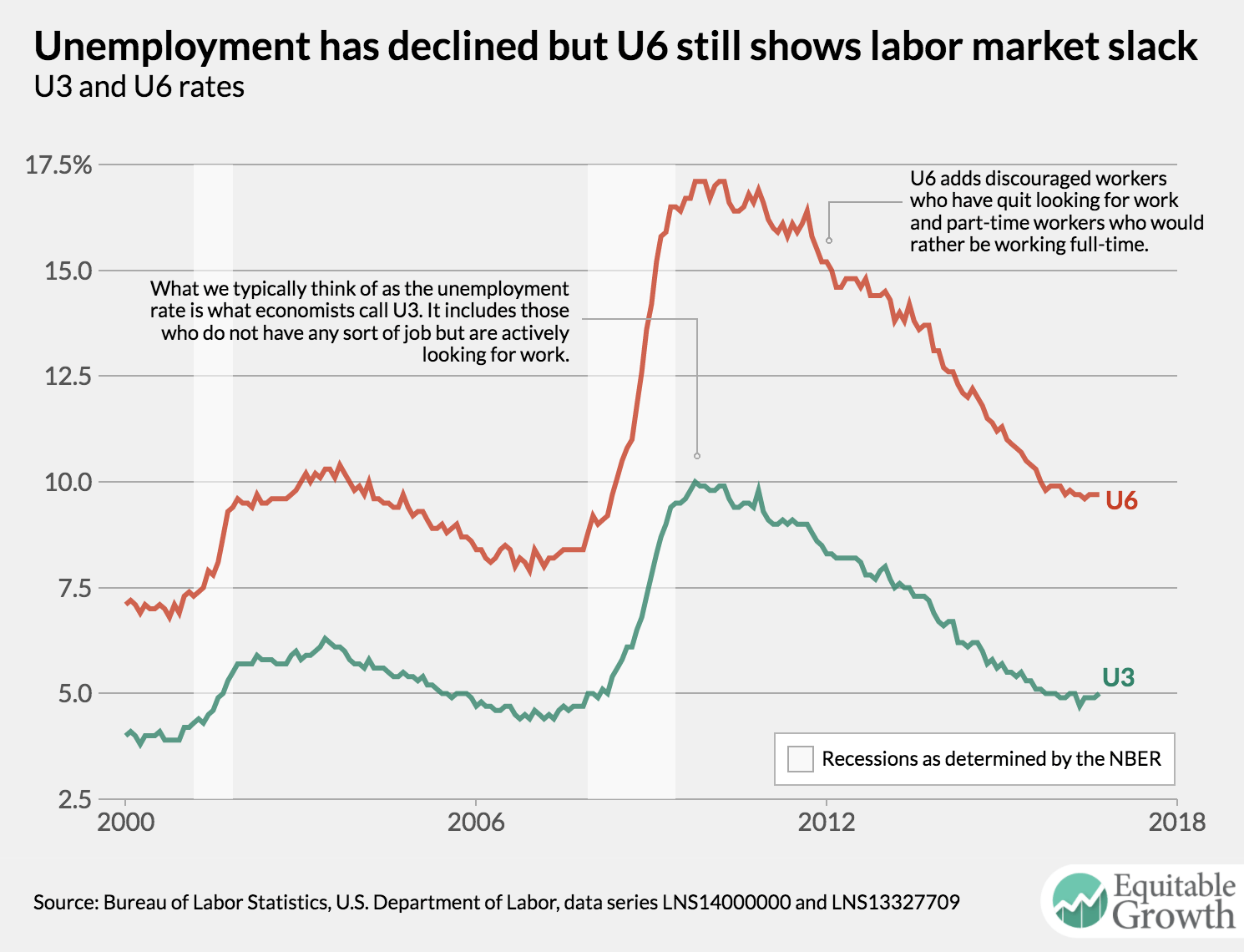Weekend reading: “Antitrust in the 21st Century” edition
This is a weekly post we publish on Fridays with links to articles that touch on economic inequality and growth. The first section is a round-up of what Equitable Growth published this week and the second is the work we’re highlighting from elsewhere. We won’t be the first to share these articles, but we hope by taking a look back at the whole week, we can put them in context.
Equitable Growth round-up
On Tuesday, Equitable Growth released the latest round of our monthly working paper series. The papers covered the effect of higher minimum wages on firm values, changes in economic security near the birth of a child, and the role of bargaining power in earnings inequality.
Nancy Folbre summarizes the argument of her working paper, asking if the “one percent” deserves what it gets. “One difference between the rich and us is that they have more money. They also enjoy—both as cause and effect—a lot more power.”
Bridget Ansel writes about the new research on economic volatility surrounding childbirth and the effect that policy can have on mitigating this economic insecurity.
Antitrust and competition policy are back in the policy spotlight as concerns about business consolidation and increasing market power have increased. It may be time to rethink these policy areas in the 21st century. Equitable Growth hosted an event looking into just that on Thursday.
Why do workers who have been out of work for a while have a hard time finding jobs? New research points toward the effect of unemployment itself, rather than anything “wrong” with the worker prior to unemployment.
Links from around the web
“Now, it is undeniably clear that rising income inequality—one of the major economic problems of our time—disproportionately impedes black workers.” Jeff Guo writes on increasing racial economic inequality. [wonkblog]
Fiscal policy was once, and in some corners still is, considered an out-of-date policy by many economists. Jason Furman, however, argues that there is a “New View” of fiscal policy that sees it as an effective and important part of responding to economic downturns. [cea]
The declining labor market participation rate for men of working age is one of the most troubling trends in the U.S. economy. What’s responsible for it? Justin Fox looks at the significant negative impact of incarceration. [bloomberg view]
“But with short-term pressures on the rise, our future growth and productivity are threatened, with important implications for wages, standards of living, and our general well-being.” Rachelle C. Sampson writes on the looming problem of “short-termism.” [vox]
The discussions around the health of modern macroeconomics sparked by economist Paul Romer continues. Narayana Kocherlakota reviews some recent comments in the debates and responds in kind. [kocherlakota009]
Friday figure

Figure from “Equitable Growth’s Jobs Day Graphs: September 2016 Report Edition” by Equitable Growth Staff
